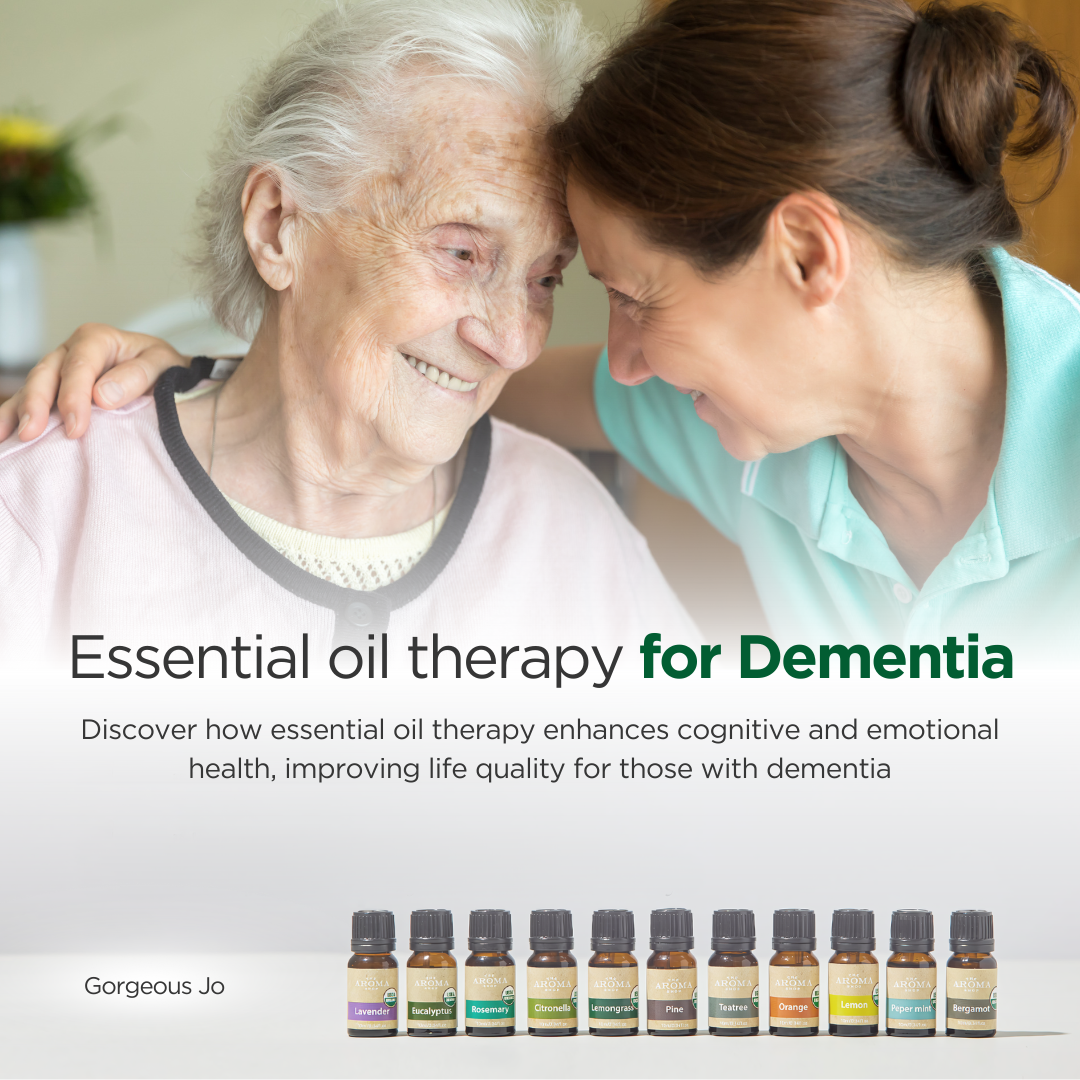Overview of Essential Oil Therapy
Essential oil therapy, also known as aromatherapy, uses plant extracts and essential oils to promote health and well-being. These oils can be inhaled, applied to the skin, or ingested, although the latter method is less common and should only be done under professional supervision. Aromatherapy is believed to work by stimulating the olfactory system, which then sends signals to the brain regions involved in emotions, memory, and hormone regulation.
Mechanisms of Action
- Olfactory Stimulation: Inhaling essential oils stimulates the olfactory receptors in the nose, which are directly linked to the limbic system, the brain area responsible for emotions and memories. This can lead to mood enhancement and stress reduction.
- Neurochemical Effects: Some essential oils are thought to interact with neurotransmitter systems. For example, lavender oil is known to affect GABAergic (gamma-aminobutyric acid) and serotonergic (serotonin) pathways, which play roles in anxiety and depression regulation.
- Anti-inflammatory and Antioxidant Properties: Certain essential oils have anti-inflammatory and antioxidant properties that may protect neurons and reduce neuroinflammation, which is implicated in neurodegenerative diseases like dementia.
Case Studies and Research
The pilot study from Aging Clinical and Experimental Research demonstrated that aromatherapy, using lavender and sweet orange essential oils, significantly reduced BPSD and caregiver distress. This study's findings align with other research suggesting the benefits of aromatherapy in dementia care:
- A 2002 study found that lavender oil aromatherapy reduced agitation in patients with severe dementia.
- A 2013 study indicated that rosemary and lemon essential oils improved cognitive function in Alzheimer's patients.
Essential oil aromatherapy offers a promising complementary approach to traditional dementia treatments. By leveraging the neurochemical and sensory effects of essential oils, caregivers can provide non-invasive, effective symptom management for dementia patients. Further research is needed to establish standardized protocols and confirm long-term benefits, but the current evidence suggests that aromatherapy can play a valuable role in enhancing the quality of life for both dementia patients and their caregivers.
Essential Oils Commonly Used in Dementia Care
- Lavender (Lavandula angustifolia)
Known for its calming and sedative properties, lavender oil can help reduce agitation, anxiety, and improve sleep quality in dementia patients.
- Sweet Orange (Citrus sinensis)
Often used for its uplifting and anti-anxiety effects, sweet orange oil can help enhance mood and reduce stress.
- Peppermint (Mentha piperita)
This oil can improve alertness and cognitive performance, which might be beneficial in the early stages of dementia.
- Rosemary (Rosmarinus officinalis)
Associated with memory enhancement, rosemary oil might help improve cognitive function and reduce mental fatigue.
- Bergamot (Citrus bergamia)
Known for its mood-enhancing and stress-reducing properties, bergamot oil can be beneficial in alleviating symptoms of depression and anxiety.
Integrating Essential Oil Therapy in Dementia Care
Practical Application
- Inhalation: Using a diffuser to disperse essential oils into the air, making it easy for patients to inhale the therapeutic scents. This method is non-invasive and can create a calming environment.
- Topical Application: Diluted essential oils can be applied to the skin through massage. This method combines the benefits of aromatherapy with the relaxing effects of massage.
- Environmental Use: Spraying essential oils on linens or using them in baths can help create a soothing atmosphere for dementia patients.
Gorgeous Jo proudly presents a collection of USDA Organic Essential Oils and an array of exquisite aromas to cater to your preferences. Step into the world of organic aromatherapy and skincare on our website, where every scent is a tale of purity, excellence, and indulgence waiting to be discovered. Shop now!




